Year 2020 face_with_colon_three
Ah, Memories! They can be some of our best assets or our most painful tormentors. Good memories give us a sensation of warmth and hope for better times, but bad memories can cause serious trauma.
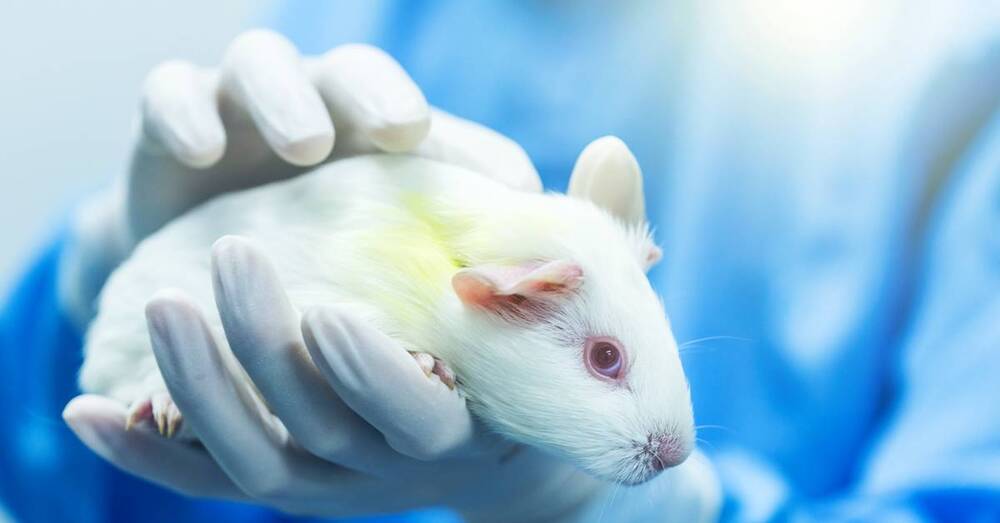
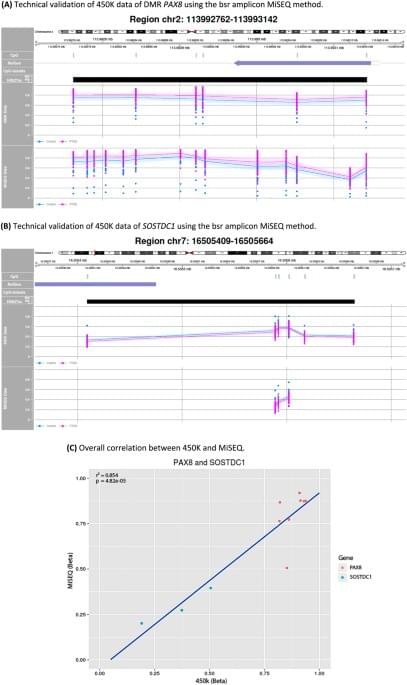
In this study we aimed to detect epigenetic and genetic loci associated with PTSD in a homogeneous cohort of traumatized police officers. Both a genome-wide and hypothesis-driven replication approach did not result in DMPs between PTSD patients and trauma-exposed controls. GSE analysis on the top 100 DMPs showed, however, a plausible association of the dopaminergic neurogenesis pathway with PTSD. Furthermore, we observed one DMR located at the PAX8 gene suggesting consistent hypermethylation in PTSD patients. Genetic analyses yielded three CpG-SNPs significantly associated with PTSD. Of these, one CpG-SNP, located at the CACNA1C locus, was also significantly associated with PTSD in an independent replication sample of trauma-exposed children. Notably, this result shows that the Illumina 450K array is not restricted to epigenetic surveys but can provide informative genetic data as well.
Although our sample was small, it was highly homogenous as all participants were former or current police officers, and cases and controls were matched for sex, age, education, and years of police service. All participants reported multiple prior traumatic events, without significant group differences in reported types of traumatic experiences. PTSD patients fulfilled current diagnostic criteria for PTSD, while our trauma-exposed controls had minimal PTSD symptoms and did not report lifetime PTSD or other trauma-related psychiatric disorders. Thus our controls were apparently resilient to adverse mental health outcome of trauma. This study design, including extreme phenotypes following similar trauma load, was considered to favor detection of PTSD-associated loci, as also suggested by others [22]. Nevertheless, our genome-wide survey clearly remains limited in statistical power.
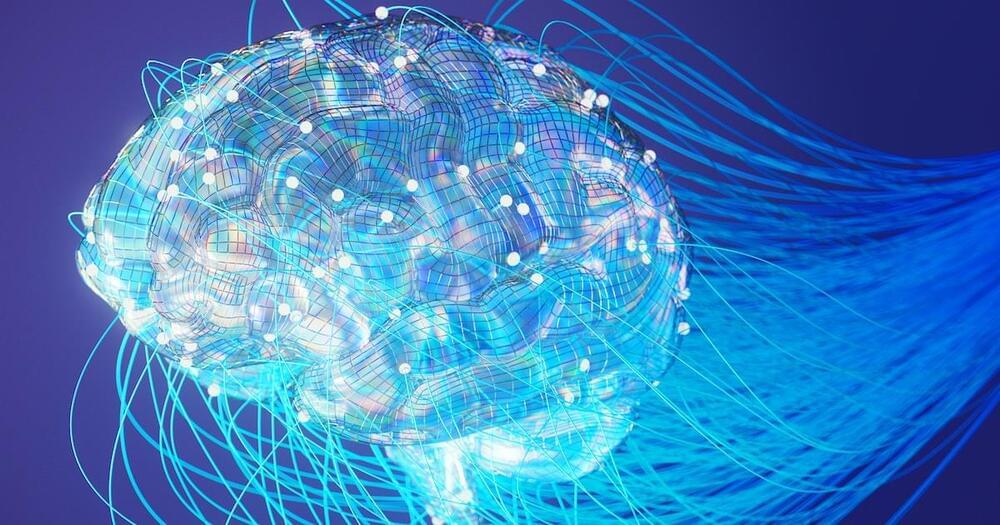
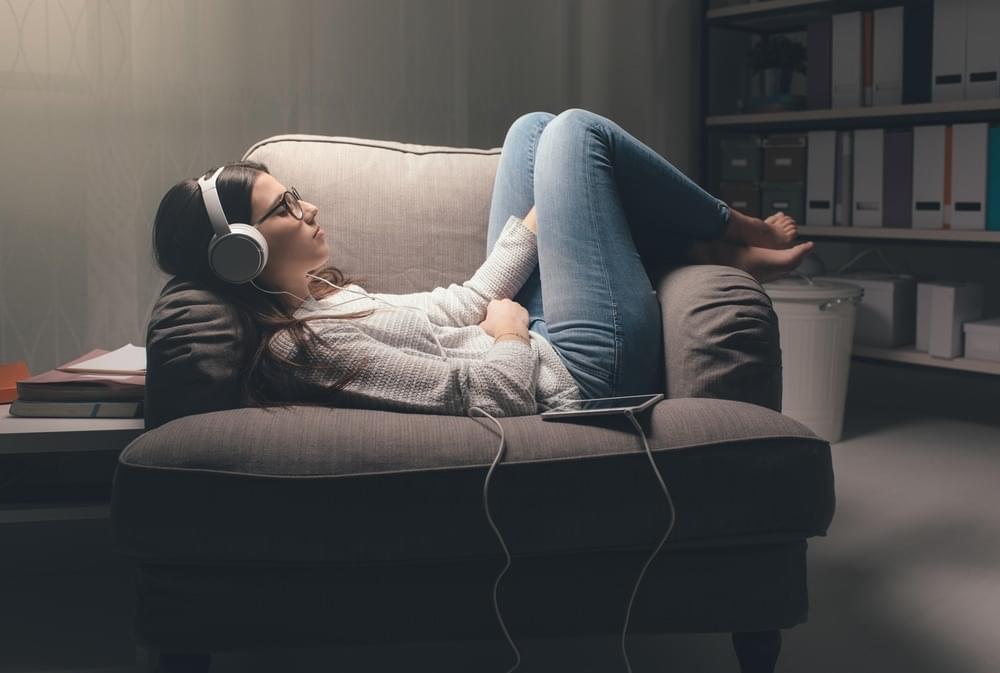
Music for pain relief and anxiety. I think somewhere else I read it helps heal brain injuries.
Further, subject-preferred music appears to induce a superior effect in relieving pain. This can be approached by allowing participants to select the most pleasant music from a prespecified list of songs or listen to their favorite music during the study. Nevertheless, the richness of emotions, meanings, and associations involved when listening to favorite music is poorly understood, especially regarding pain relief.
About the study
In the present study, researchers evaluated which subjective aspects of listening to relaxing and favorite music were crucial for hypoalgesia. Sixty-three healthy individuals, aged 21.3, on average, participated in this study. A thermal contact probe was used to induce painful thermal stimuli on the inner forearm surface.
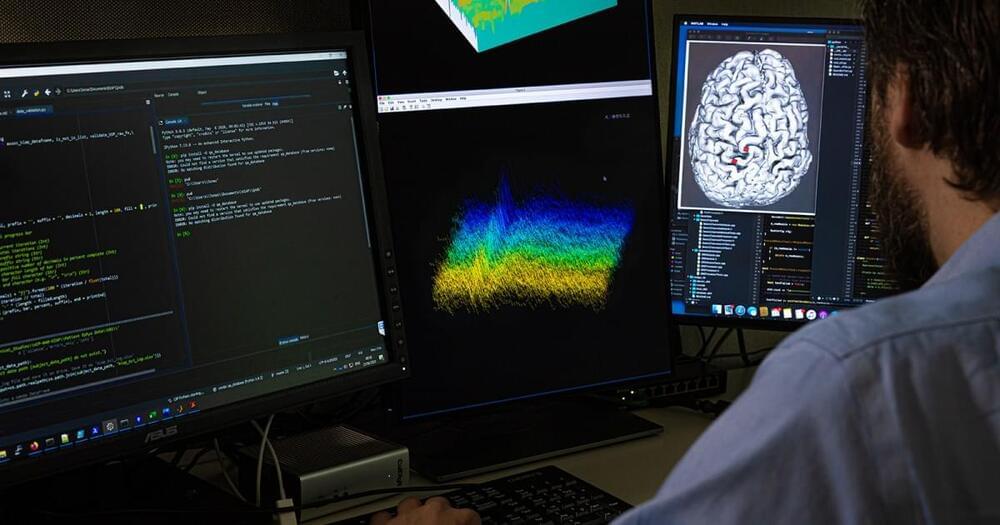
“To our knowledge, ours is the first study to achieve communication by someone who has no remaining voluntary movement.” — Jonas Zimmermann, a Wyss Center neuroscientist. Watch it here: https://www.freethink.com/health/locked-in-syndrome Freethink.
A man with total locked-in syndrome has used a brain-computer interface to spell out sentences with his mind.
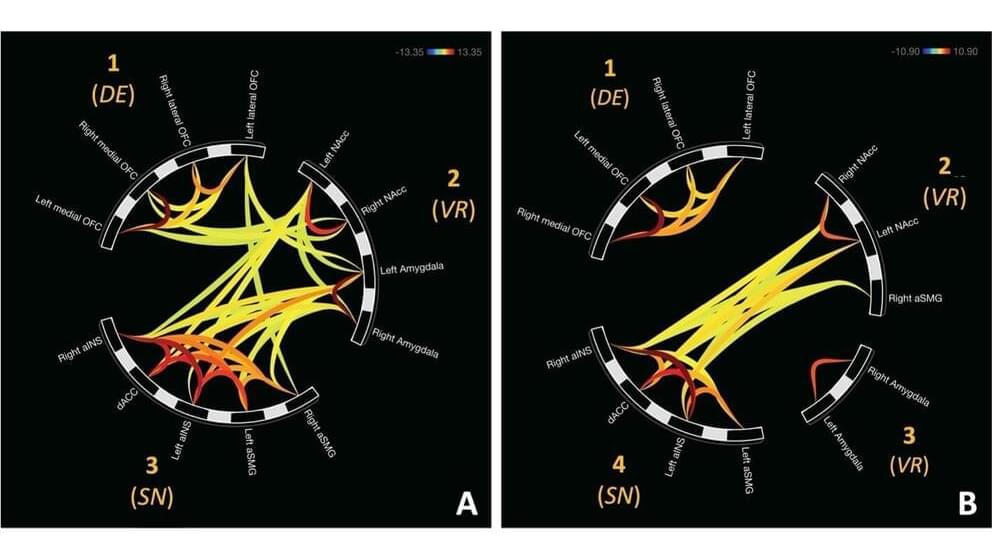
Human decision-making has been the focus of countless neuroscience studies, which try to identify the neural circuits and brain regions that support different types of decisions. Some of these research efforts focus on the choices humans make while gambling and taking risks, yet the neural underpinnings of these choices have not yet been fully elucidated.
Researchers at University of Louisville carried out a study aimed at better understanding the patterns in neural network communication associated with ‘bad’ decisions made while gambling. Their paper, published in Frontiers in Neuroscience, shows that different types of ‘bad’ decisions made while gambling, namely avoidant and approach decisions, are associated with distinct neural communication patterns.
“Our recent work follows a line of research that examines how humans approach rewarding and punishing situations in the environment,” Brendan Depue and Siraj Lyons, the researchers who carried out the study, told Medical Xpress.
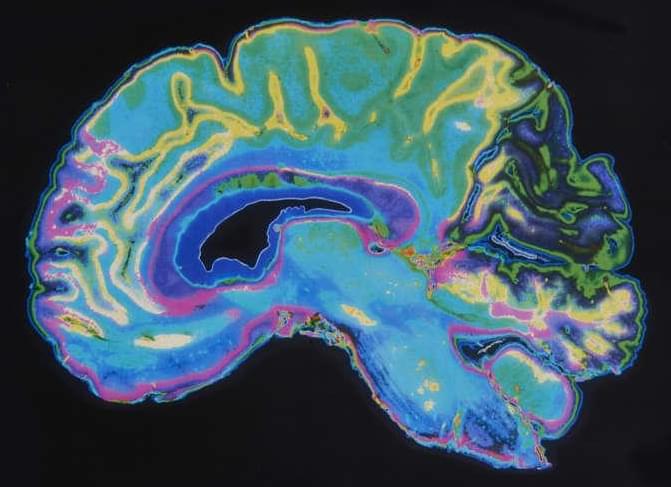
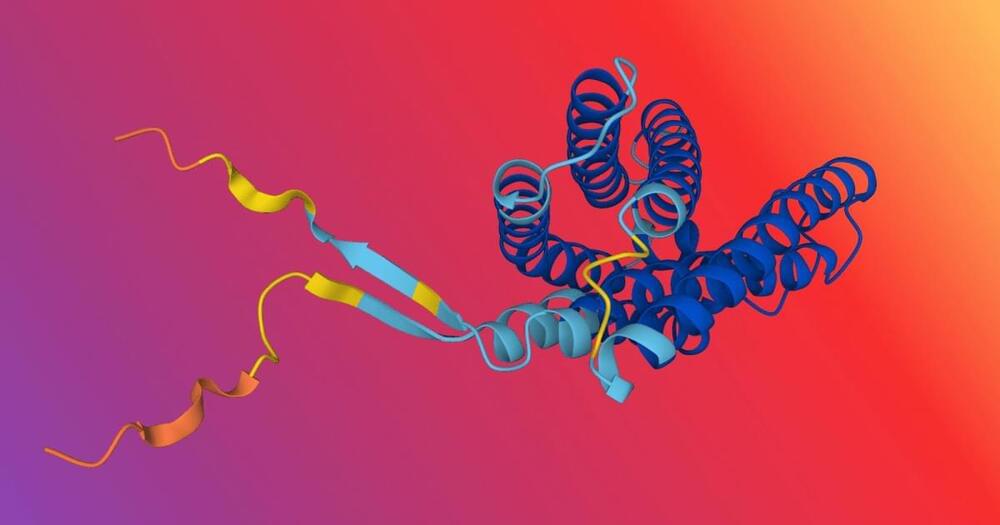
A UK-led team of researchers restrained mice for 6 hours to induce a stress response and then analyzed the rodents’ brains on a molecular level.
This led to the discovery of increased levels of five microRNAs (miRNAs) — small molecules that help determine which genes in a cell are expressed and which aren’t — in the amygdala, the brain region implicated in anxiety. When the researchers took a closer look at the miRNA that reached the highest levels, miR-483-5p, they saw that it suppressed the expression of the Pgap2 gene — and that this suppression appeared to provide stress relief and reduce anxiety-related behavior.
➡️
The discovery of an “anxiety gene” — and a natural way to turn it off — in the brains of mice could lead to new treatments for anxiety disorders, which are the most common type of mental illness in the world.
The challenge: While anyone can experience worry or dread, people with anxiety disorders experience those feelings pervasively and often for no identifiable reason.
Medications can relieve the symptoms of anxiety, but because we don’t really know what is going on in the brains of people with anxiety, finding the right drug or combination of drugs can be a time-consuming process of trial and error.
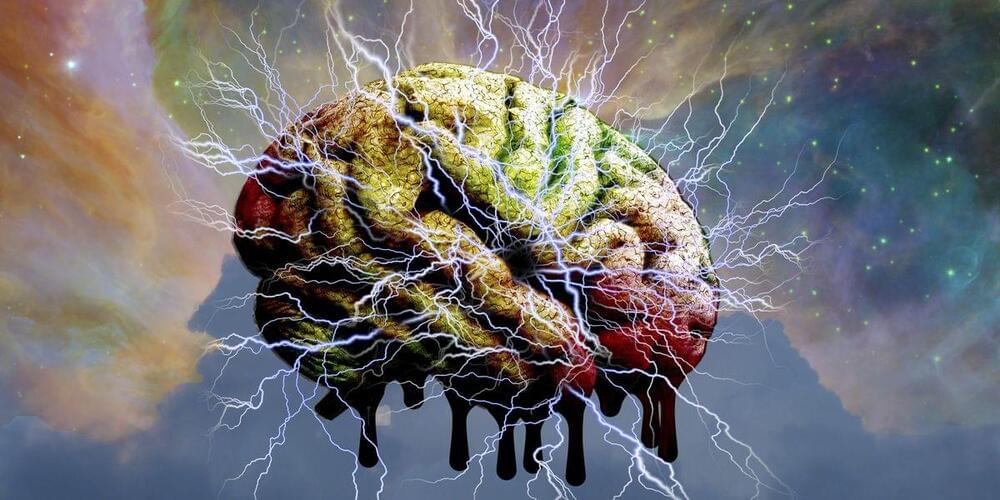
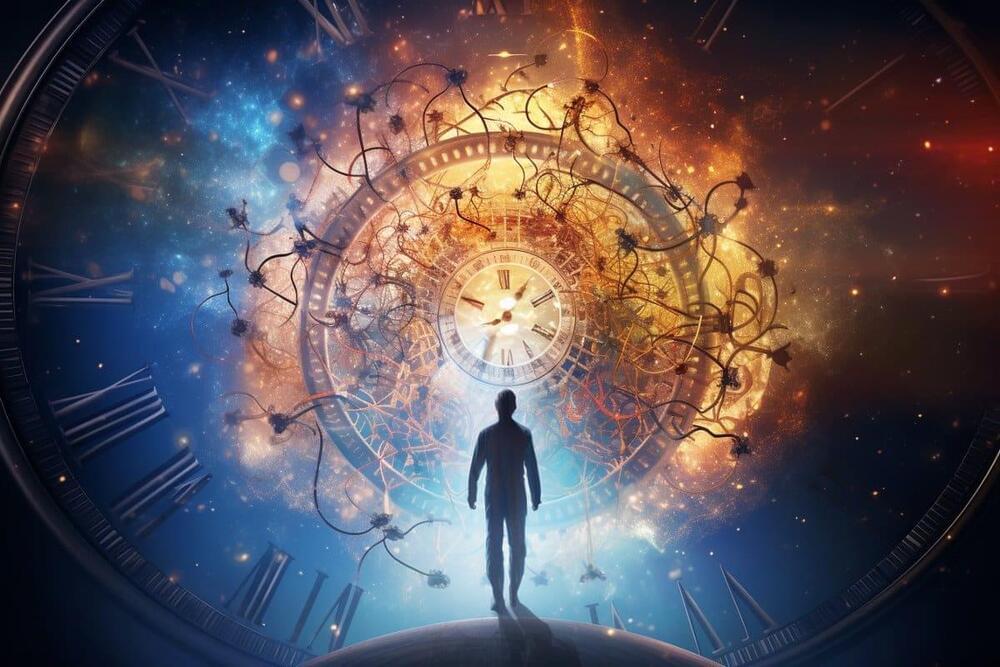
Summary: Researchers unveil how neurons in the brain depict time and space, fundamental to human consciousness.
Utilizing special depth electrodes, they studied patients undergoing treatment for epilepsy, revealing “place cells” for spatial awareness and “time cells” for temporal comprehension.
One study showed these cells operate independently yet concurrently during navigation tasks. Another found certain neurons maintained regular temporal patterns regardless of external stimuli speed.